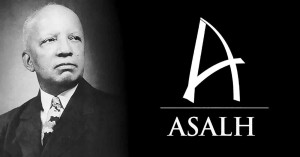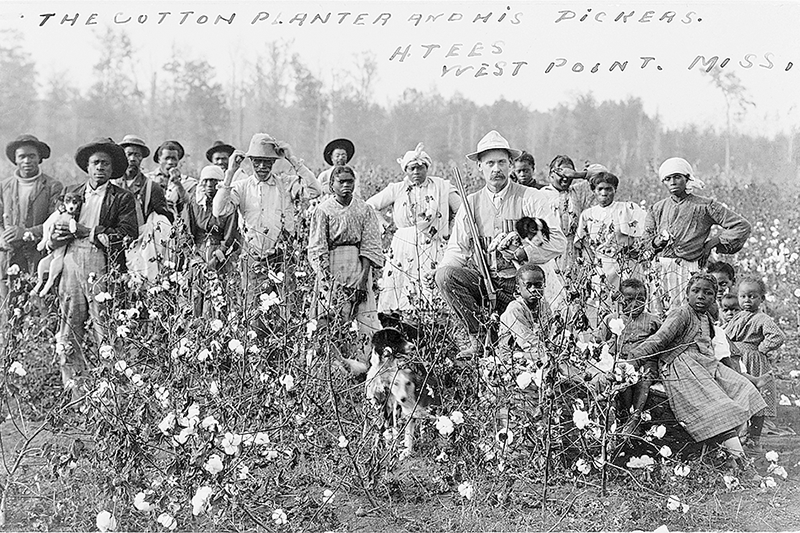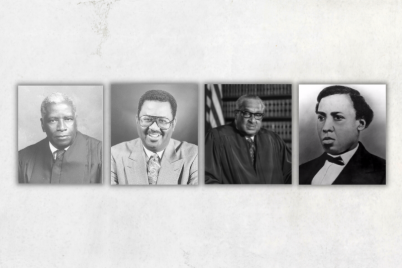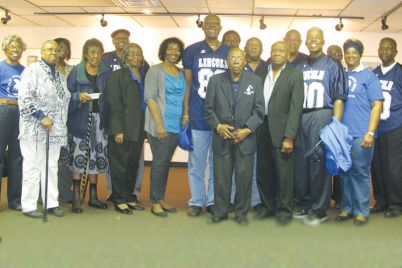In an article entitled “The Heartbeat of Racism is Denial,” author Ibrahim X. Kendi listed the common phrases used to disguise racism in America. He called this a new vocabulary, “allowing users to evade admissions of racism.”
The words and phrases Kendi identified are frequently used by politicians, the press and public figures. They have seeped into America’s vernacular, and most people do not understand their implications. Think of the meaning of each phrase he identifies:
- Law and order
- War on drugs
- Model minority
- Reverse discrimination
- Race-neutral
- Welfare queen
- Handout
- Tough on crime
- Personal responsibility
- Black-on-black crime
- Achievement gap
- No excuses
- Race card
- Colorblind
- Post-racial
- Illegal immigrant
- Obamacare
- War on cops
- Blue Lives Matter
- All Lives Matter
- Entitlements
- Voter fraud
- Economic anxiety
Many of these phrases became popular and began to be identifiable shortly after the civil rights struggles of the last century. They are familiar now and accepted. These phrases have changed slightly through the years, but their uses have now become the language of debate and discourse.
All of these phrases disingenuously depict black communities as suffering from some innate, genetic failure or are the result of poor, violent and culturally deprived communities. Not to deny the existence of violence in African-American communities, but the language does allow the argument to be made that most wounds are self-inflicted.
This use of coded language to describe the reasons for such dysfunction seeks to disguise its actual causes. The fact that this language of denial does exist demonstrates just how afraid of and how far American society has come from truth-telling.
Listen to the way people speak. How often do we hear words that permit pernicious, hateful and derogatory comments to be made in public without using actual racist phrases that say what the speaker means?
Think of the phrase that is the constant drumbeat of racism: “America is a land of immigrants.” This phrase is not even half-true. Native Americans were here before the colonial Europeans.
Africans were forced to come here under “forced migration” and under the abysmal conditions of slavery. Yet, in a myriad of ways — talents and genius — African Americans built this nation.
For example, think of the lowly cotton ball, hand-picked in novel and inventive ways by black people for generations. If Southerners did not have forced free labor and Northerners had not financially benefit from the sale of cotton — from the forced free labor that picked it — American capitalism would probably not exist as we know it today.
We must carefully listen to the language being used to describe our present condition and its causes. We need to understand and reject the code.
 Attorney Jacqueline Hubbard graduated from the Boston University Law School. She is currently the president of the St. Petersburg Branch of the Association for the Study of African American Life and History, Inc.
Attorney Jacqueline Hubbard graduated from the Boston University Law School. She is currently the president of the St. Petersburg Branch of the Association for the Study of African American Life and History, Inc.








